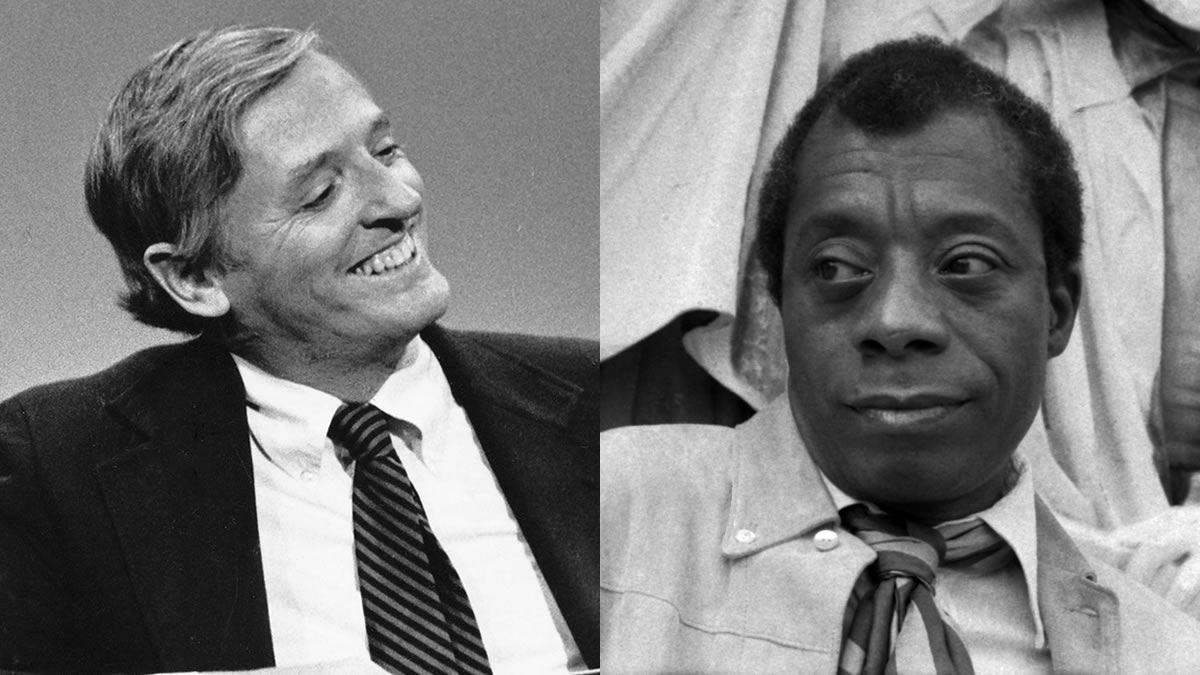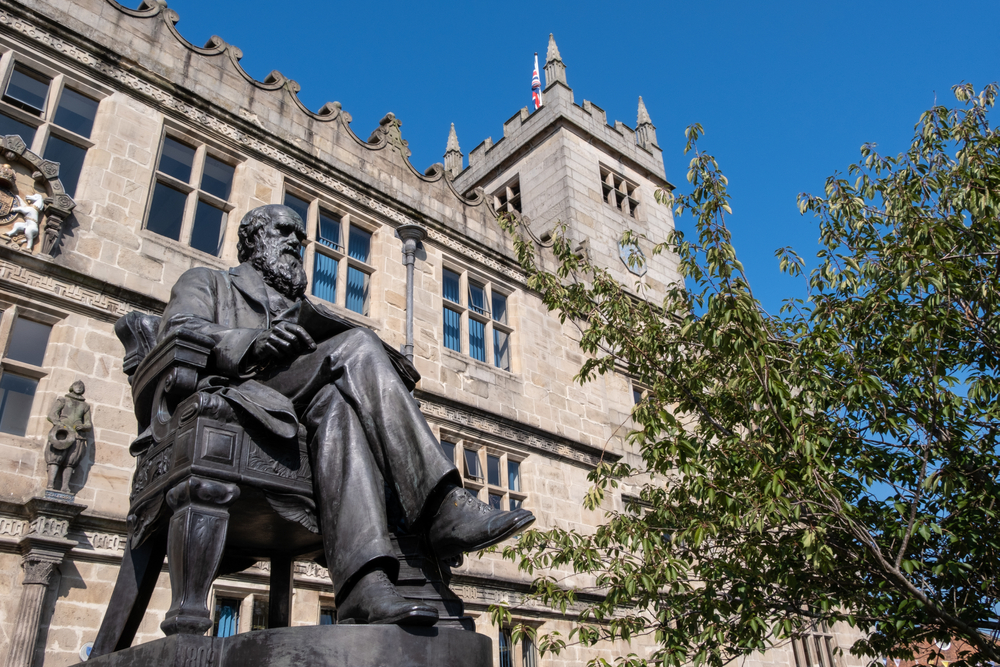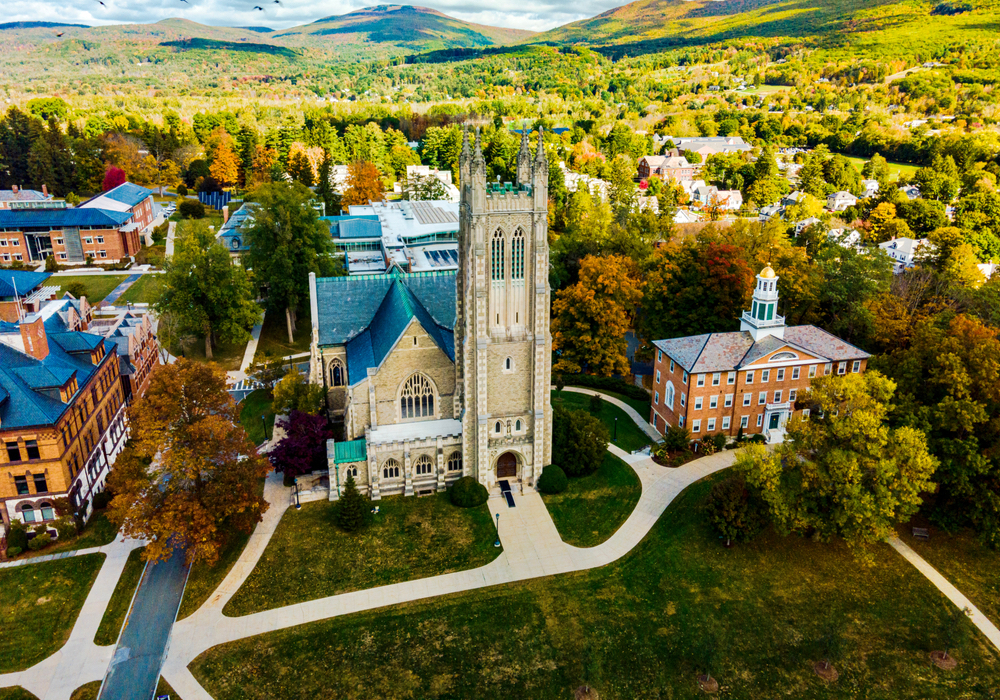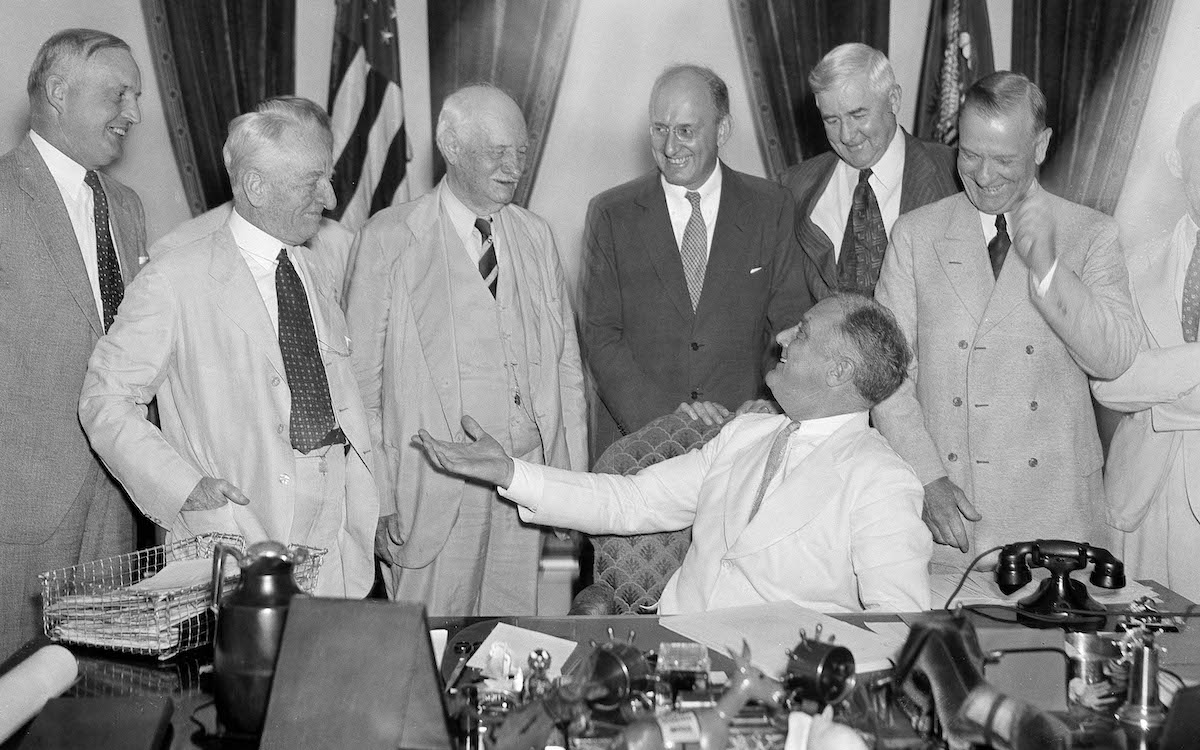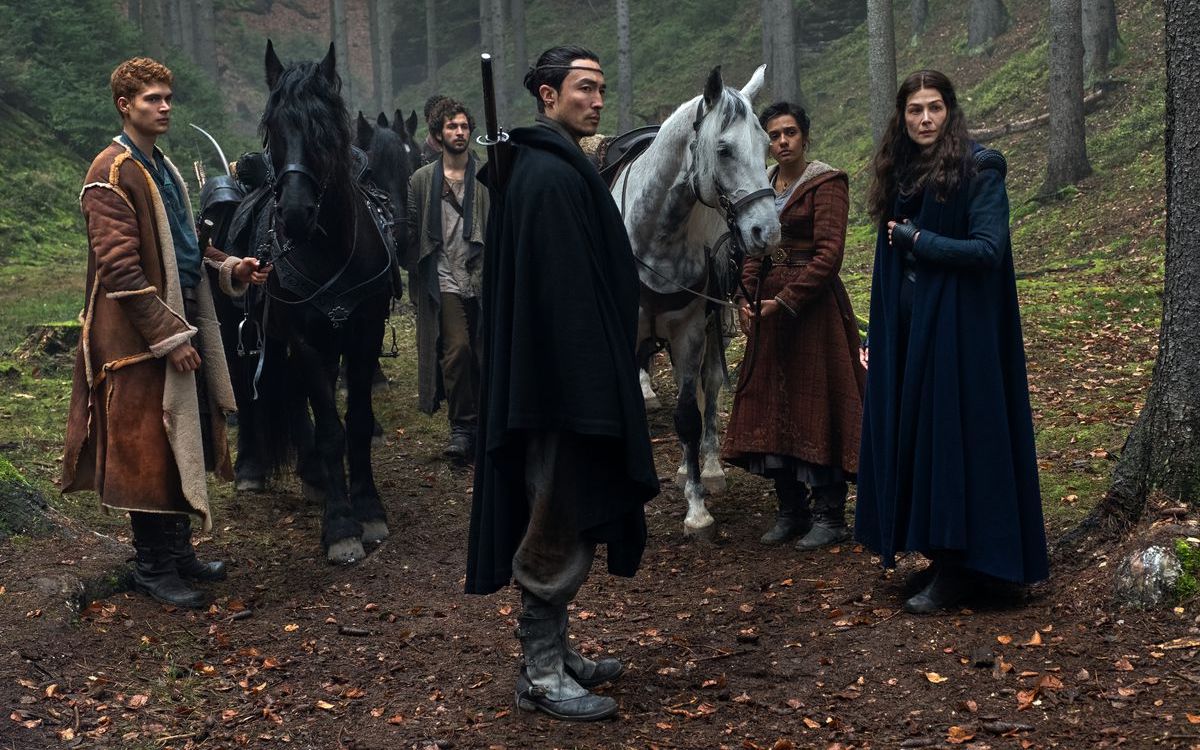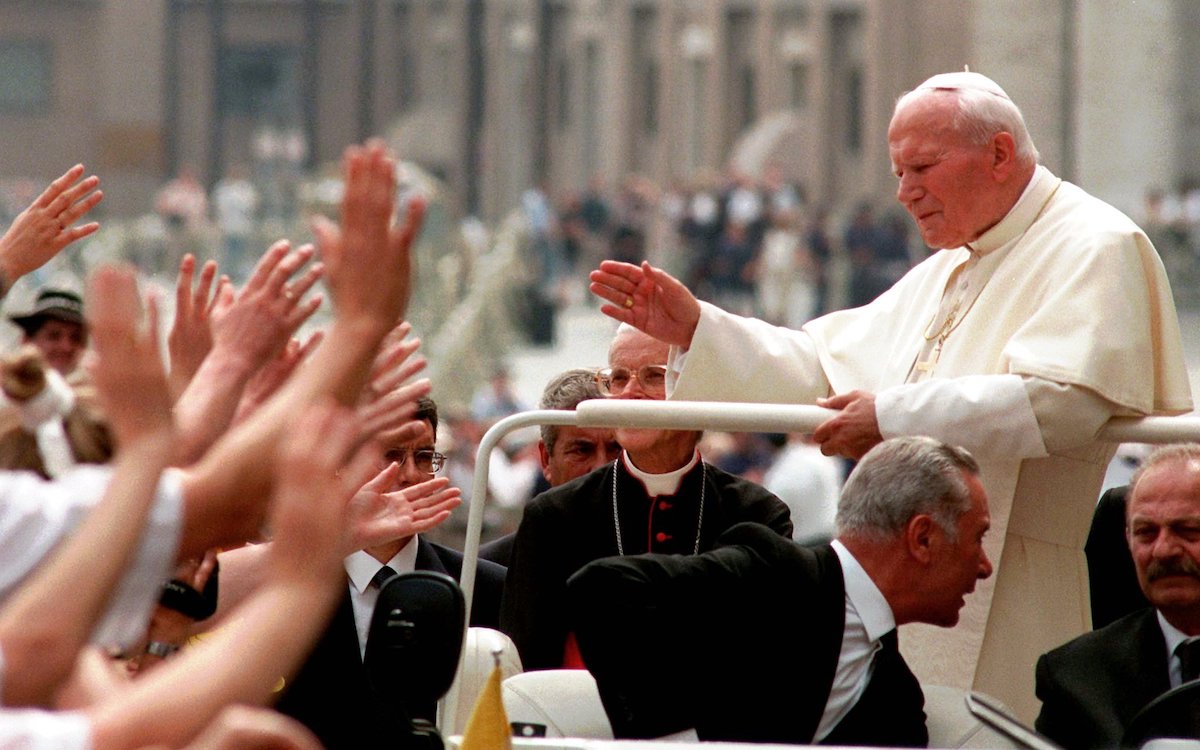
Are We Free to Think About Free Will?
September 29, 2023 • by David Weinberger
Does God exist, or are we the mere by-products of evolution, simple accidents of the Big Bang? Do we have free will, or is everything predetermined, robbing us of true moral agency? Continue Reading...
